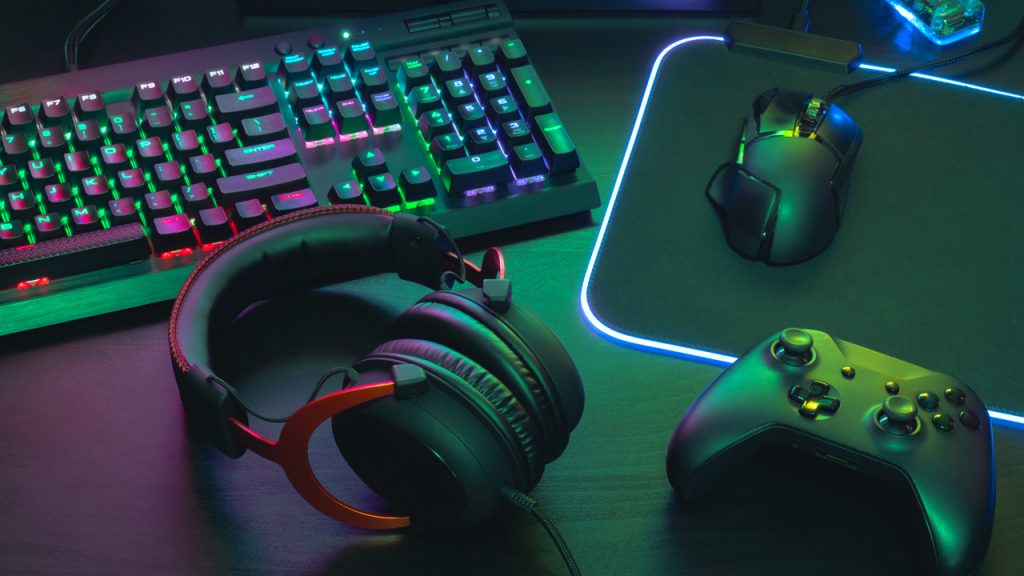While gaming has always been popular, it’s now become mainstream. This has attracted threat actors who wish to exploit this boom in popularity, making it vital for gamers to create a secure gaming environment. Read on for some of the most effective ways to do so.
Only Buy/Download Games From Trusted Sources
Third-party sellers have never been more popular, and piracy remains a prevalent concern for game developers. However, downloading games from these sources can be very risky, as you can never be quite sure of the uploader’s or seller’s intentions.
It’s best to only buy and download your game from official sellers to prevent any risk of downloading malware or getting scammed. It might cost a little extra, but it’s certainly worth your peace of mind.
Protect Your Gaming Accounts
Your gaming accounts hold more information about you than you might think, so if they get compromised, cybercriminals can gain access to your personal information, such as:
- Home address;
- Phone number;
- Age;
- etc.
If a malicious actor gets ahold of this information, they could make it public on the dark web, which brings a whole new set of security risks.
Setting a strong password is the first step in protecting your account. (If you’re unsure if your password qualifies as strong, you can check how secure it is here). To protect your gaming accounts, you should also utilize all other available security features, such as two-factor authentication, guard codes, and others.
Keep Security Software Updated
Turning off security software is common advice for boosting gaming performance. However, it also leaves the door open for a lot of trouble. It’s highly recommended that you keep security software updated and running while gaming so that it can detect any suspicious activity.
Along with security software, you should also keep your games and software updated, as these updates usually contain security fixes.
Use In-game Reporting
The real challenge of making your gaming environment secure and enjoyable begins after you start playing. Gaming chat systems are an easy way for hackers to spread harmful content. Abusive players are also common, and they can ruin your gaming sessions with foul language, unfair antics, and more.
You should report any suspicious or malicious behavior to the developers. Most games have an in-game reporting feature that allows you to flag such behavior easily.
If You’re a Parent, Take Note of Age Ratings
If you’re a parent, only buy games for your children that are appropriate for their age group. Buying them games that are rated for older audiences means that they might end up playing and spending time online with older people, which isn’t exactly the most secure gaming environment for them.
There are plenty of games to choose from that are appropriate for each age group, so you shouldn’t have trouble finding a game that your child will like.
Never Share Personal Info In Chat
Chatting with the other players in your game is fun, but you should think twice before sharing personal information, particularly in a public game chat. Children naturally have an oversharing nature, so it’s essential to educate them about “stranger danger” online just as much as in the real world.
Gaming should be fun, not dangerous. To make sure this is the case, be sure to follow these 6 steps and encourage others to do the same!
